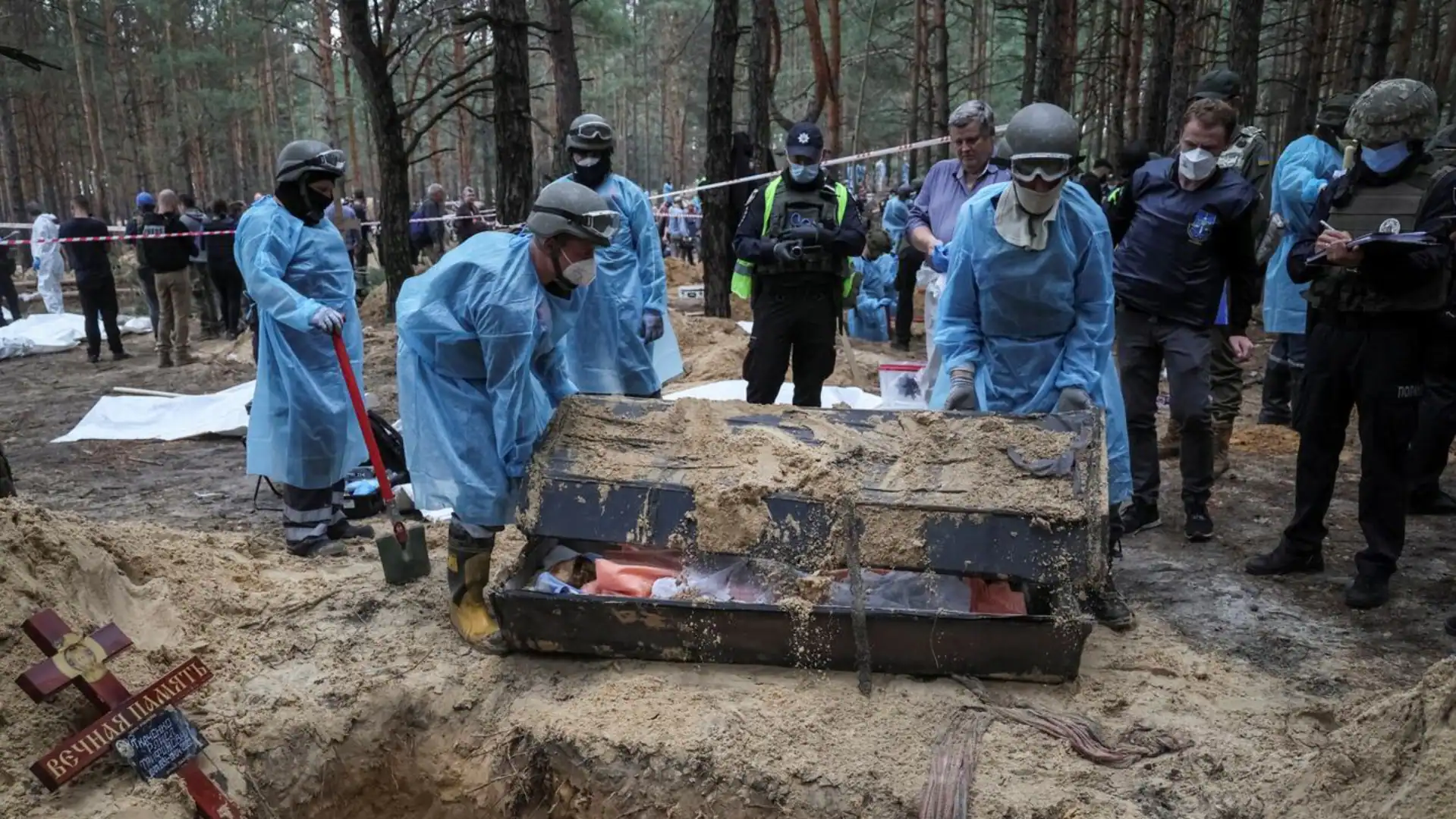
Malta, Bulgaria, Greece, Hungary, and Cyprus are the only EU countries to stay out of a human rights case Ukraine brought against Russia for massive violations it is accused of committing since Russia invaded Ukraine.
Since Russia is no longer a member state of the Council of Europe it is no longer a party of the European Convention on Human Rights. However, it is still answerable for violations it committed before September 16th. Ukraine filed a lawsuit against Russia in the Strasbourg Court on June 23 accusing Russia of massive and flagrant violations of human rights in connection with the military aggression it is suffering at Russia’s hands.
Ukraine is accusing Russia of breaching Convention obligations to respect the right to life, the prohibition of torture and inhuman treatment, the prohibition of slavery and forced labour, the right to liberty and security, the right to respect for private and family life, freedom of religion, freedom of expression, freedom of assembly, the right to an effective remedy and the prohibition of discrimination. Russia is also accused of violating the right to education, the right to freedom of movement and the ban on deportation from its country.
It is very rare for countries to seek to intervene in international judicial action between other countries. But several signatories to the European Convention who have joined Ukraine’s lawsuit have justified their participation referring to the scale of the violations believed to have taken place in Ukraine.
The initial suspicions about Russia’s conduct are supported by emerging evidence. The independent international commission of the UN sent to investigate violations in Ukraine found evidence of numerous war crimes committed by the Russian army in the de-occupied territories in Kyiv, Chernihiv, Kharkiv and Sumy regions.
War crimes include the illegal use of explosive weapons, indiscriminate attacks, violations of personal integrity, executions, torture and ill-treatment, and cases of sexual and gender-based violence. The commission also found violations of children’s rights.
The other two neutral countries in the EU, Austria, and Ireland, have joined the human rights case. Non-EU countries Norway, Iceland, and the UK have joined or have declared their intention to join the lawsuit as well.
The Maltese authorities have given no explanation for their decision to stay out of the case. Malta’s constitutional neutrality prevents Malta from joining any military alliance or allowing the Maltese territory to be used for military bases. But the constitution says nothing about preventing Malta from lawfully seeking in an international court an enforcement by a court of the human rights obligations of countries accused of violating them.
Indeed, the constitutional neutrality clause says that Malta is “actively pursuing peace, security and social progress among all nations” which could be an implicit justification for Malta’s participation in a collective legal effort by European countries to use legal means to apply pressure on Russia as it is accused and found to be committing atrocious violations of the European Convention on Human Rights to which Malta subscribes.